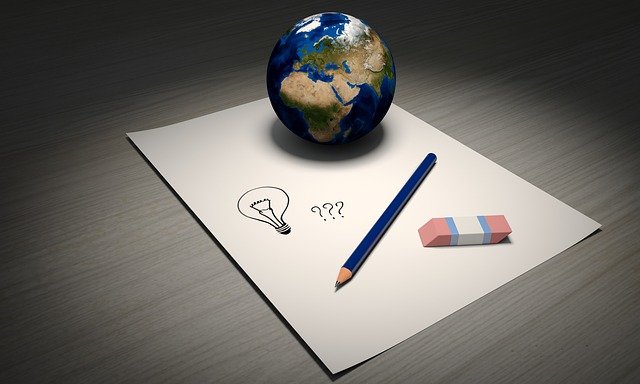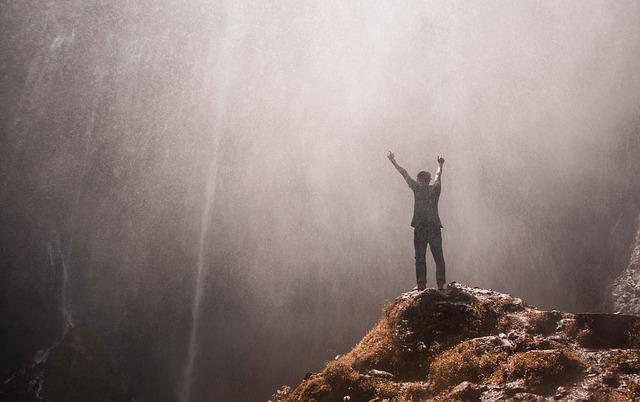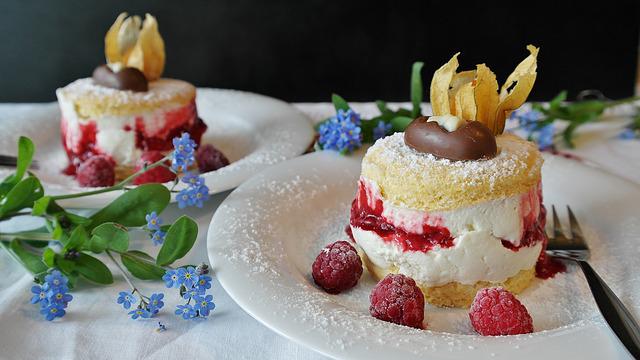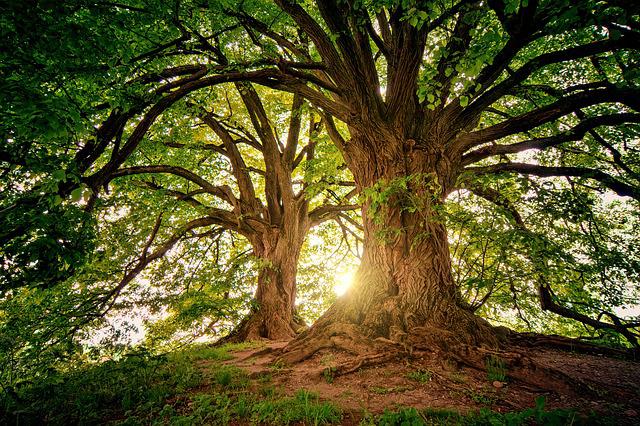Some cameras offer the ability to save images as raw files versus JPG files. If you plan to do a lot of editing, the best choice is to save them as raw files. While JPG is the most widely used file format for images, saving in raw format allows you to see all the raw image information captured at the time the picture was taken.
A raw image is like how your images looked on film before they got developed, which gives you as the developer a lot of leeway in how your final image looks. This is a good thing because you can edit all the elements of the image yourself using editing software like Photoshop, instead of allowing the camera software to “develop” the image for you by automatically making it a JPG.

It’s like taking your digital file into the darkroom for processing yourself. This is a very powerful time for a photographer, who can choose what people see in the image and what they don’t, through the power of developing the photo. You’ll have a lot more digital information to work with if you save the images in raw format. Raw format is the closest a digital photographer can ever get to the experience of developing film.
You can bring out hidden data from a raw file that you can’t with a JPG image. You can play with the colours more, the lighting, and even the focus after the shot has been taken if it needs improvement. With the larger file size offered by saving it in raw format (which has a different name based on your camera type), it allows you to have more available to edit without destroying the quality of the image.

You’ll be able to edit the tonal range, the white balance and so much more with the raw image information. What’s more, the editing software can often take the raw image and edit it automatically to the best version, based on the editing software’s best guess of what the image should look like.
You can rescue so much more information from the raw file than you can from a JPG file. An image that looks otherwise cloudy and boring can look amazing by using the editing features within Camera Raw, on your photo editing software (such as Photoshop). Since the raw image makes full use of your camera’s dynamic range, you’ll get much clearer and more detailed images from the raw file.
It’s easier to retouch a photo using the raw files. Since so much more information is stored in those raw files, you’ll have an easier time fixing issues with skin tone, red eye and any other flaws.








Leave a Reply